The blueberry is a fruit present in various parts of the world, and especially when it is fresh in season, it is very tasty and juicy. The skin coloration of a ripe blueberry is dark blue, while the inner coloration of the fruit is usually lighter. Blueberries are usually harvested in summer but can be available on the market all year round thanks to advanced storage and import techniques.
Nutrition Value of Blueberry
A 150-gram serving of blueberries is on average made up of 84% water, and contains about 85 calories, 1.1 grams of protein, 21 grams of carbohydrates, 14 grams of sugar, about 3.6 grams of fiber. In addition, this fruit is a good source of vitamin C, vitamin K, vitamin A, vitamin E; in addition, there are nutrients such as 4% folate (a B vitamin that plays a role in metabolism), calcium and potassium.[1]
Calories and GI in Blueberry
A serving of blueberries has an average of about 85 calories, so it is a low-calorie fruit. In addition, despite its sweet and pleasant taste, its glycemic index is considered low, estimated at an average of 53, and therefore does not cause harmful glycemic spikes in people with diabetes. For this reason, blueberry can be a good choice for people with diabetes, as it does not negatively raise blood sugar levels, but provides numerous nutrients and fiber, which are beneficial substances for the body. In addition, blueberries are rich in antioxidants, and they are also able to strengthen the immune system.[2]
Benefits & Risks of Eating Blueberry with Diabetes
As seen above, taking blueberries brings numerous benefits to the body, thanks to the vitamins, high amounts of nutrients and antioxidants present. In addition, thanks to the glycemic index considered low, the intake of blueberries does not cause harmful glycemic peaks, and therefore if it is consumed in moderation, without exaggerating, the blueberry is an absolutely compatible fruit like the diet of a person with diabetes. In addition, blueberries are rich in antioxidant and anti-inflammatory compounds, including anthocyanins and carotenoids. The anthocyanins present, responsible for their blue color and their health benefits, are Cyanidin (anthocyanin found in blueberries that can have protective effects on blood vessels, antioxidant and anti-inflammatory) and Myrtillin (anthocyanin found in blueberries that can help improve night vision and protect cells from oxidative stress). The carotenoids present are Beta-carotene (a compound that acts as an antioxidant and can be converted by the body into the active form of vitamin A) and Lutein (carotenoid important for eye health and with antioxidant properties).[3]
How Much Blueberry Can I Eat with Diabetes?
A serving of medium-sized blueberries can have an average of only 85 calories and multiple benefits for the body. Therefore, according to your diet it is possible to establish the amount of blueberries to be taken, so as not to exceed. However, a good compromise could be to consume a small handful of blueberries a day, as an excess could cause gastrointestinal upset or bloating in some people. In fact, blueberries contain fiber and plant compounds, and while these elements are beneficial to the body, they can cause digestive problems if taken in excessive amounts, especially in sensitive individuals.
Fruit Alternatives for Diabetes
The blueberry turns out to be a really good fruit for a person with diabetes, it is probably even one of the best fruits as it does not cause glycemic peaks, is rich in fiber, vitamins and antioxidants, and fortunately it is available on the market all over the world during many months of the year. On the other hand, if you don't like the taste of blueberries, especially when they are not very sweet or slightly acidic, then you can evaluate other fruits, which are also rich in benefits such as blueberry. For example, in winter, when blueberries are less available, you can try fruits such as apples, pears, citrus fruits, pomegranates, persimmons and tropical fruits, each with its own benefits and always to be consumed in moderation if you have diabetes. [4]
How to eat Blueberry with diabetes?
Blueberry can be consumed without special precautions, just don't exceed the quantities, and can be eaten fresh, blended or used to create tasty recipes; The difference always lies in the amount of sugars added during the preparation of recipes. For example, blueberry juices may contain added sugars, to improve flavor, which cause harmful glycemic spikes and should always be avoided if they have been industrially prepared. In addition, blueberry juices have less fiber compared to fresh blueberries, and for these reasons, consuming fresh blueberries is almost always a better choice.
Wild Blueberry vs Cultivated Blueberry, which is better?
Blueberries usually exist in two types: wild or cultivated. Both types of blueberries share the same beneficial properties for the body, but wild blueberries have a greater number of antioxidants, especially anthocyanins, and therefore may have greater health benefits. So, wild blueberries may be better in some respects, however, cultivated blueberries are also great to consume, as they also have numerous beneficial properties for the body and can be found more easily. [5]
Final Thoughts
The blueberry is a fruit compatible with the diet of a person with diabetes, but as with all foods it is always important to pay attention to the quantities consumed, without ever exaggerating, especially since blueberries have a good fiber content that can cause gastrointestinal disorders. In addition, blueberry is a fruit rich in antioxidants, so if consumed in moderation it is an absolutely recommended fruit both for people with diabetes and for all people in general.
Resources
[1] Palsdottir, MS , H., & Sharon, A. (2024, November 1). Blueberry Nutrition Facts. Healthline. https://www.healthline.com/nutrition/foods/blueberries
[2] https://glycemic-index.net/blueberries/
[3] Leech, MS, J., & Mansuri, A. (2024, November 26). 7 Proven Health Benefits of Blueberries. Healthline. https://www.healthline.com/nutrition/10-proven-benefits-of-blueberries
[4] Khambatta, C., PhD (2021, September 14). The 13 Best Tropical Fruits to Lower Your Blood Sugar. Masteringdiabetes. https://www.masteringdiabetes.org/tropical-fruits-lower-blood-sugar/
[5] https://www.wildblueberries.com/why-wild/


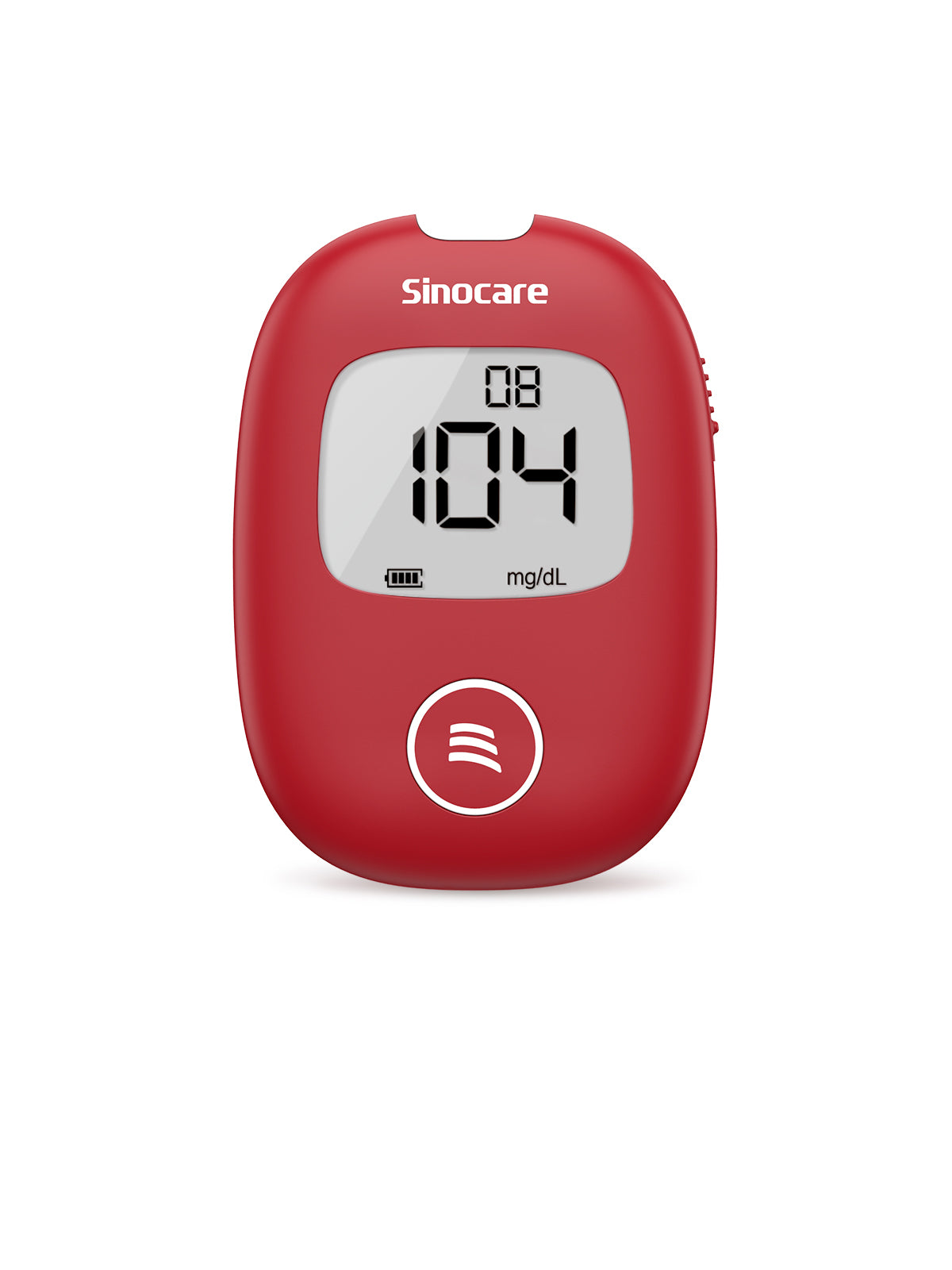
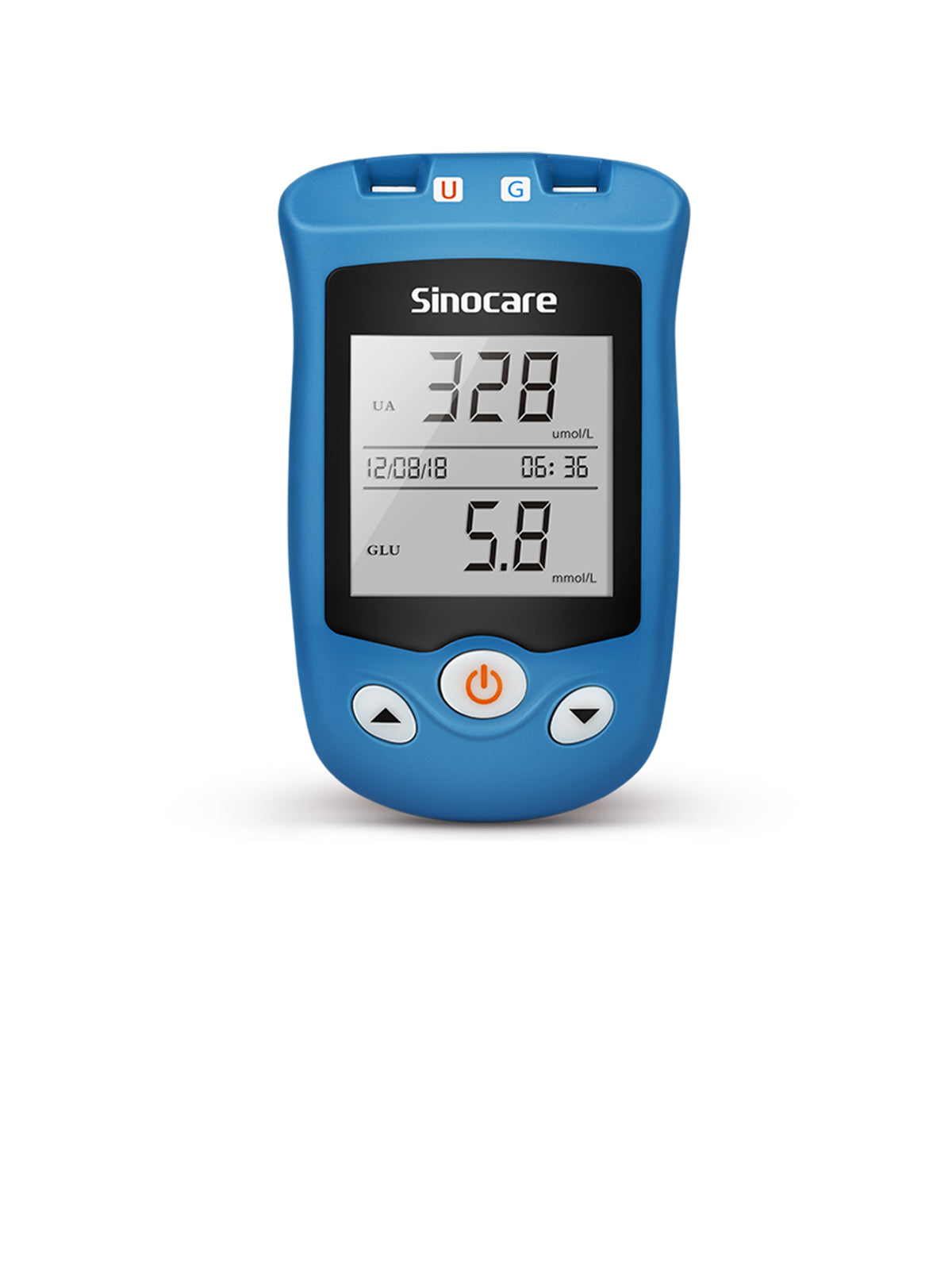
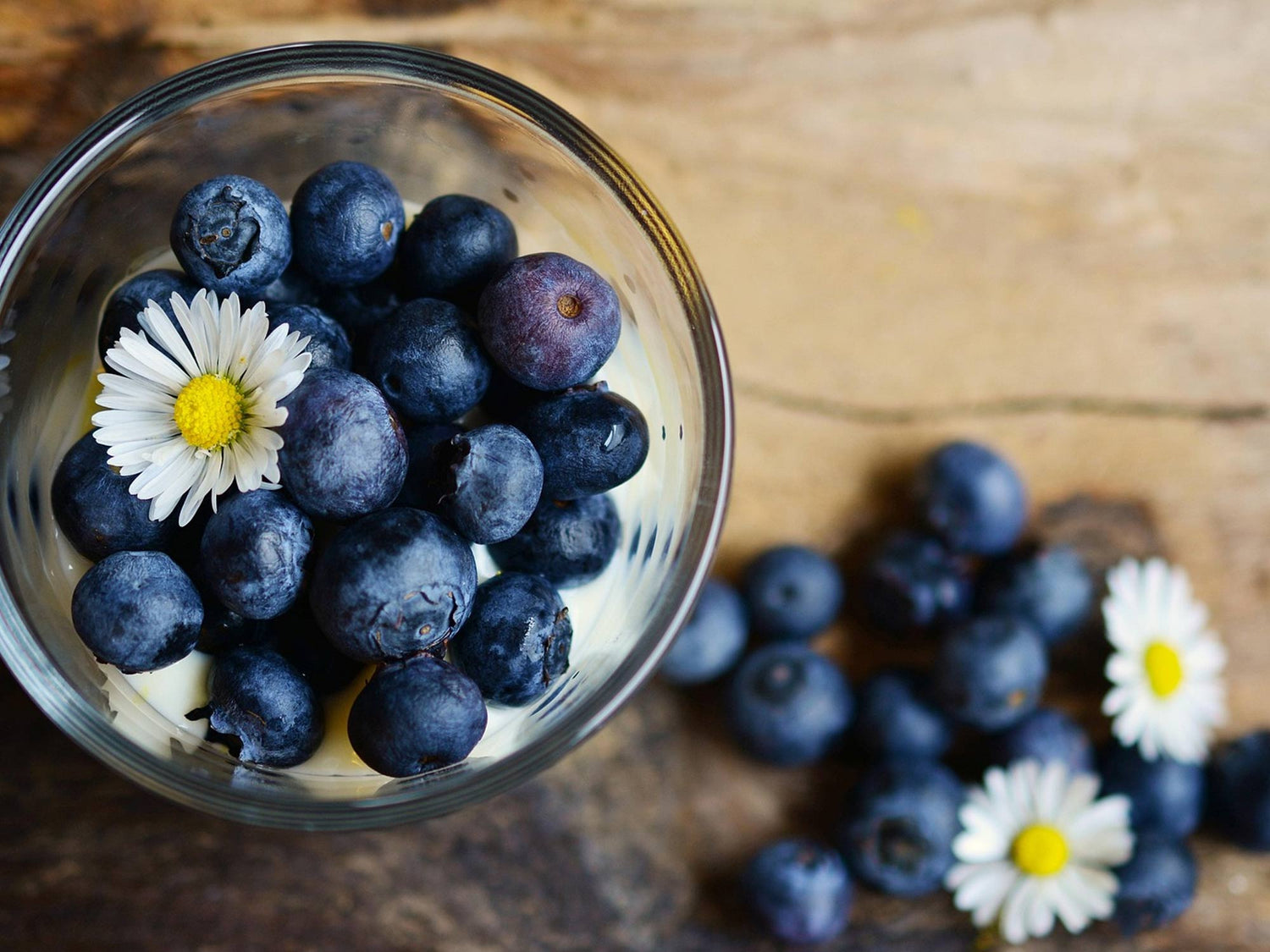
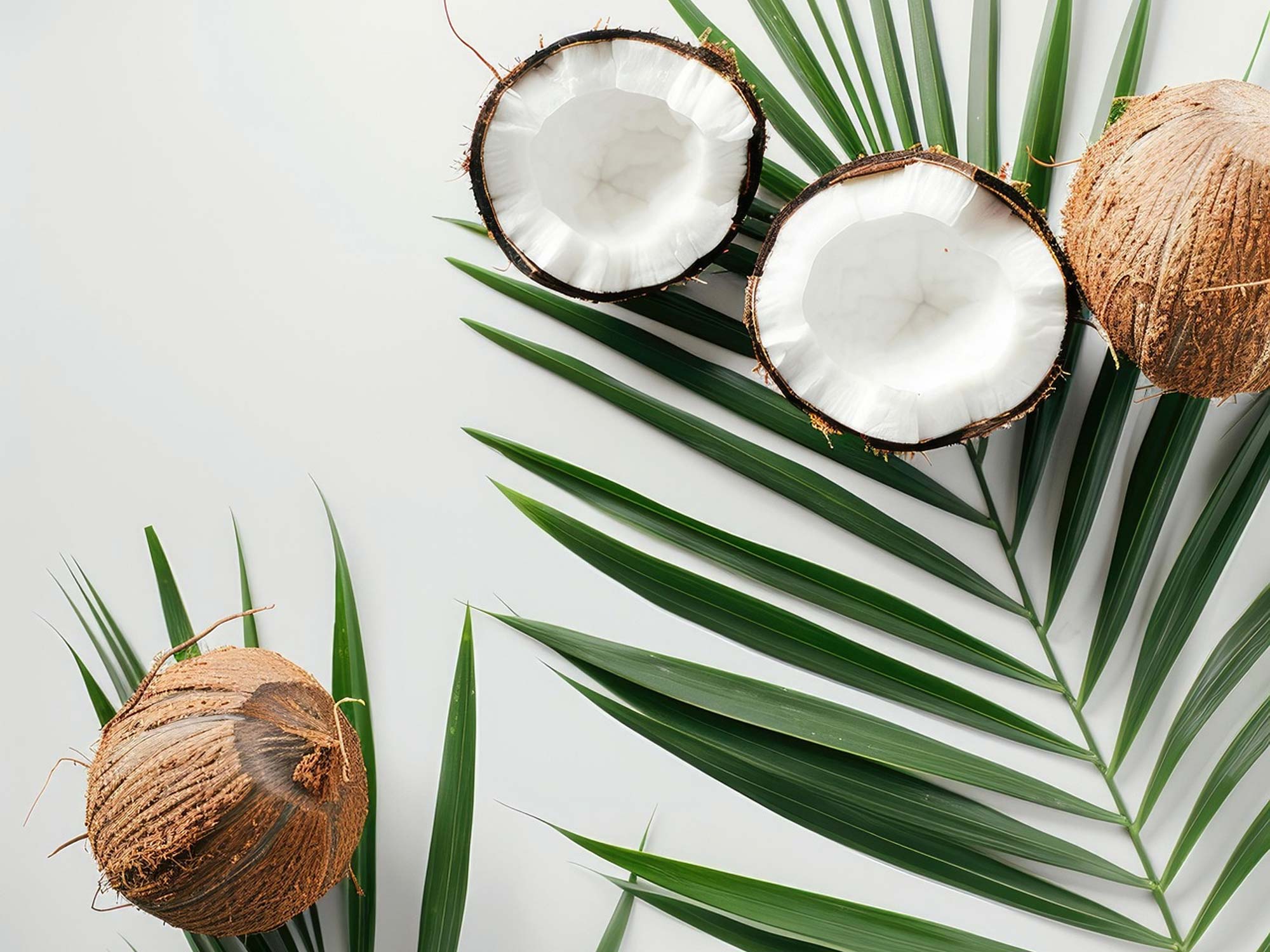
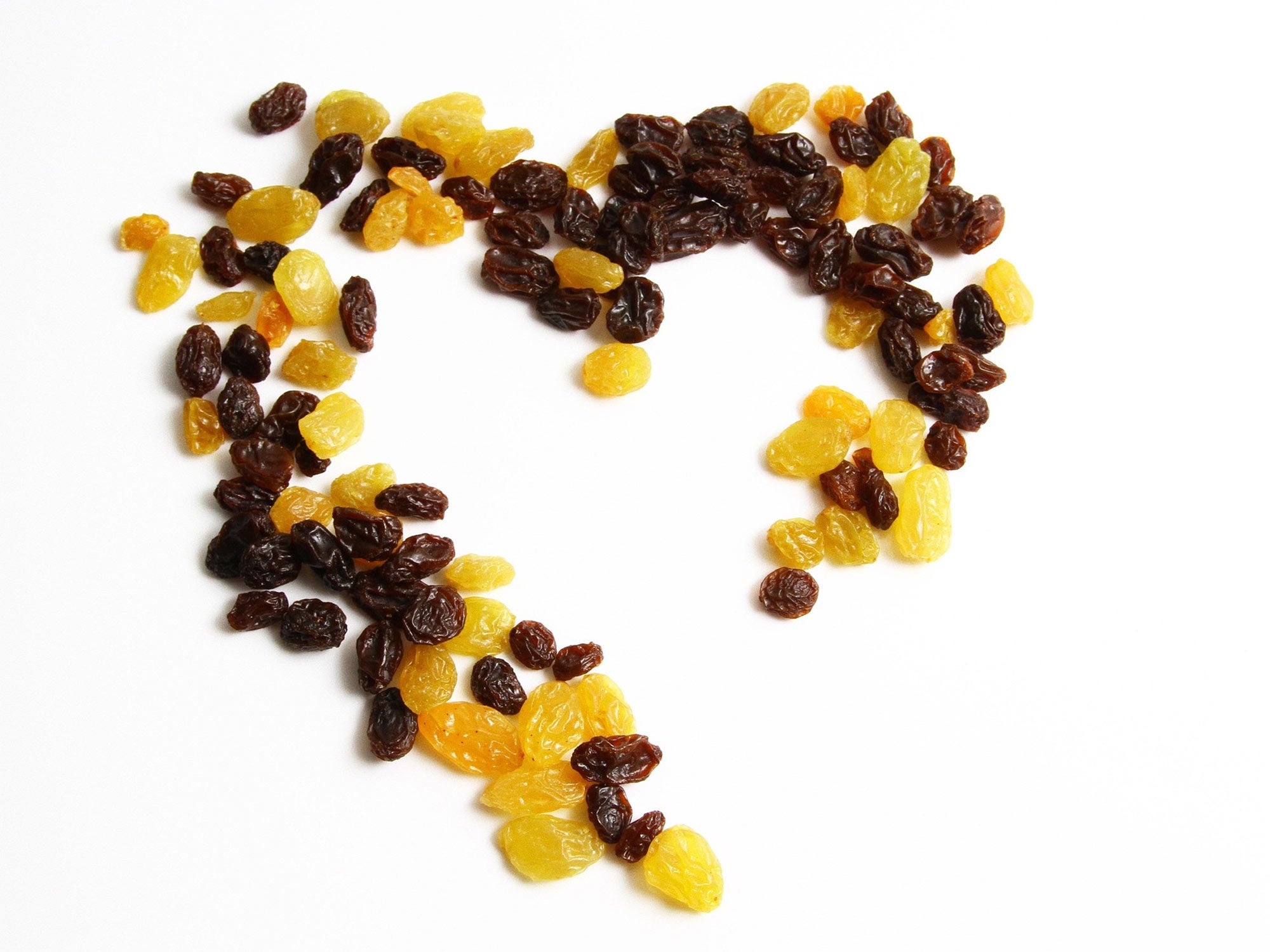



Leave a comment
All comments are moderated before being published.
This site is protected by hCaptcha and the hCaptcha Privacy Policy and Terms of Service apply.